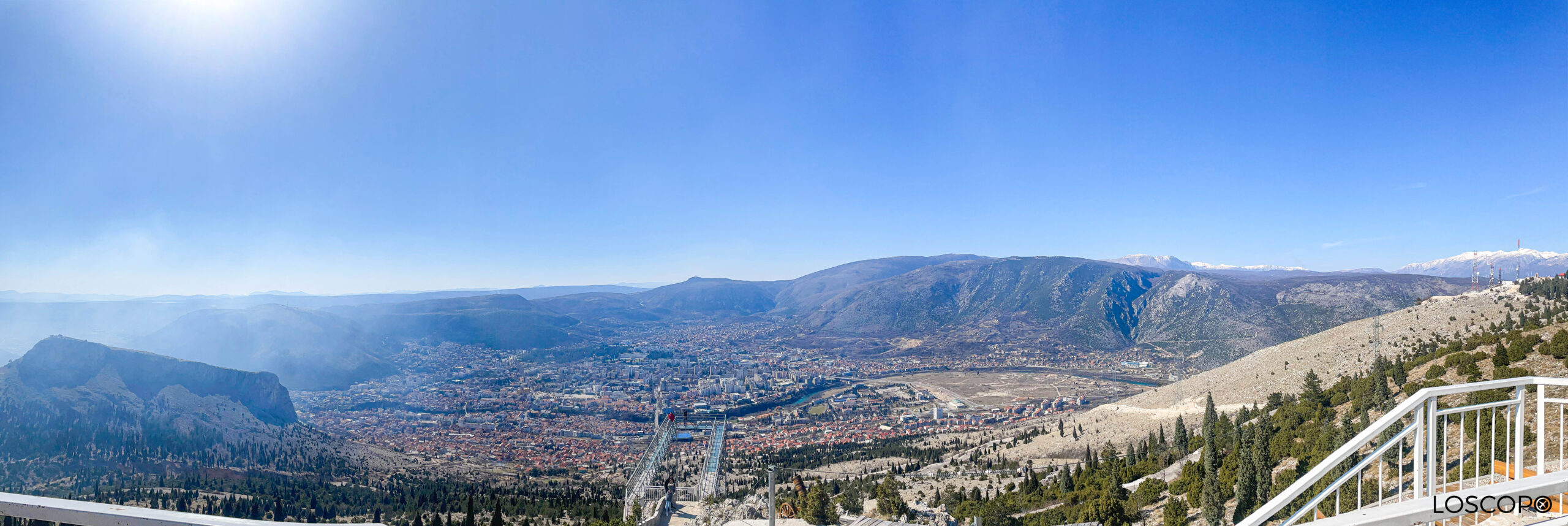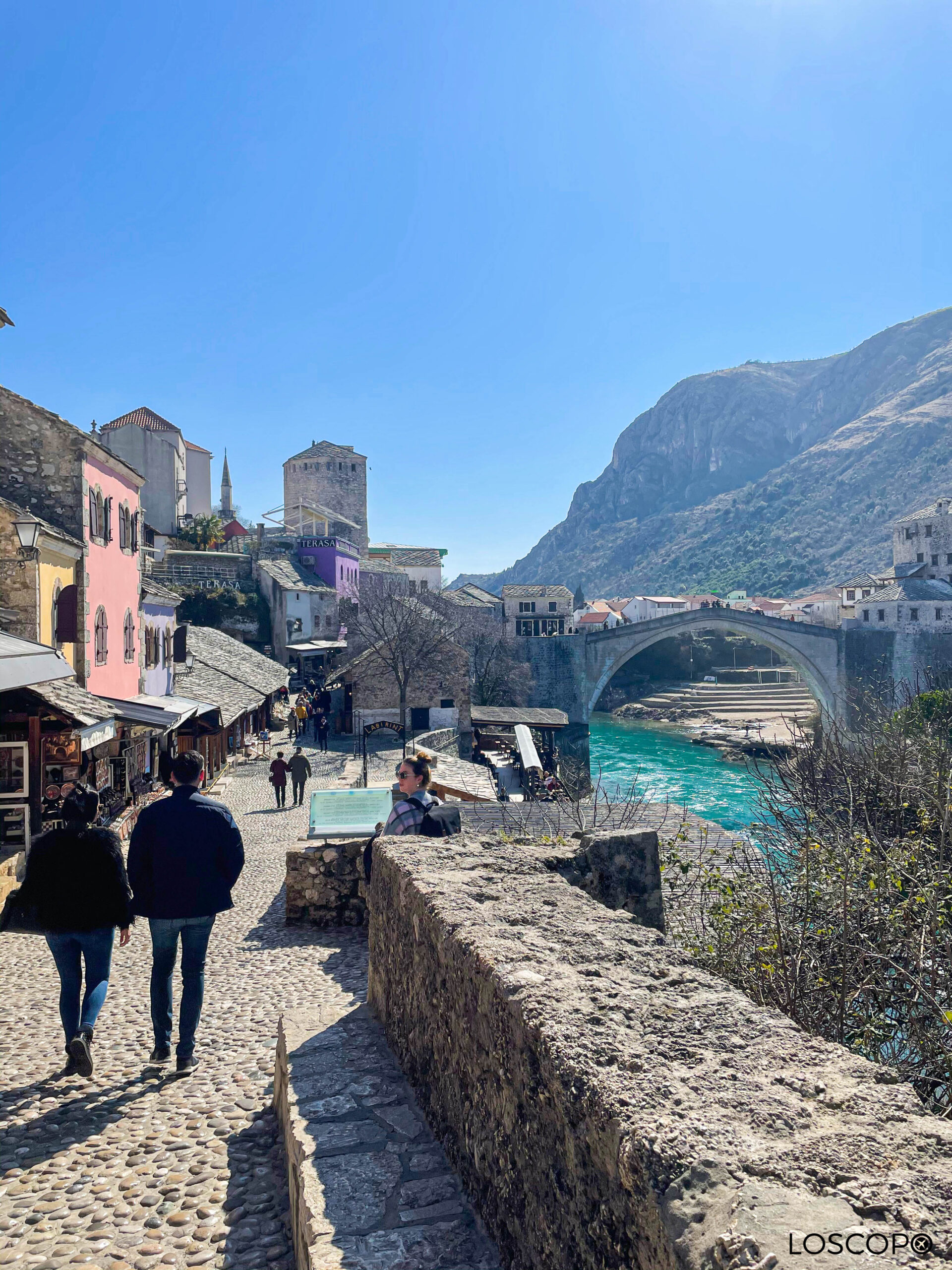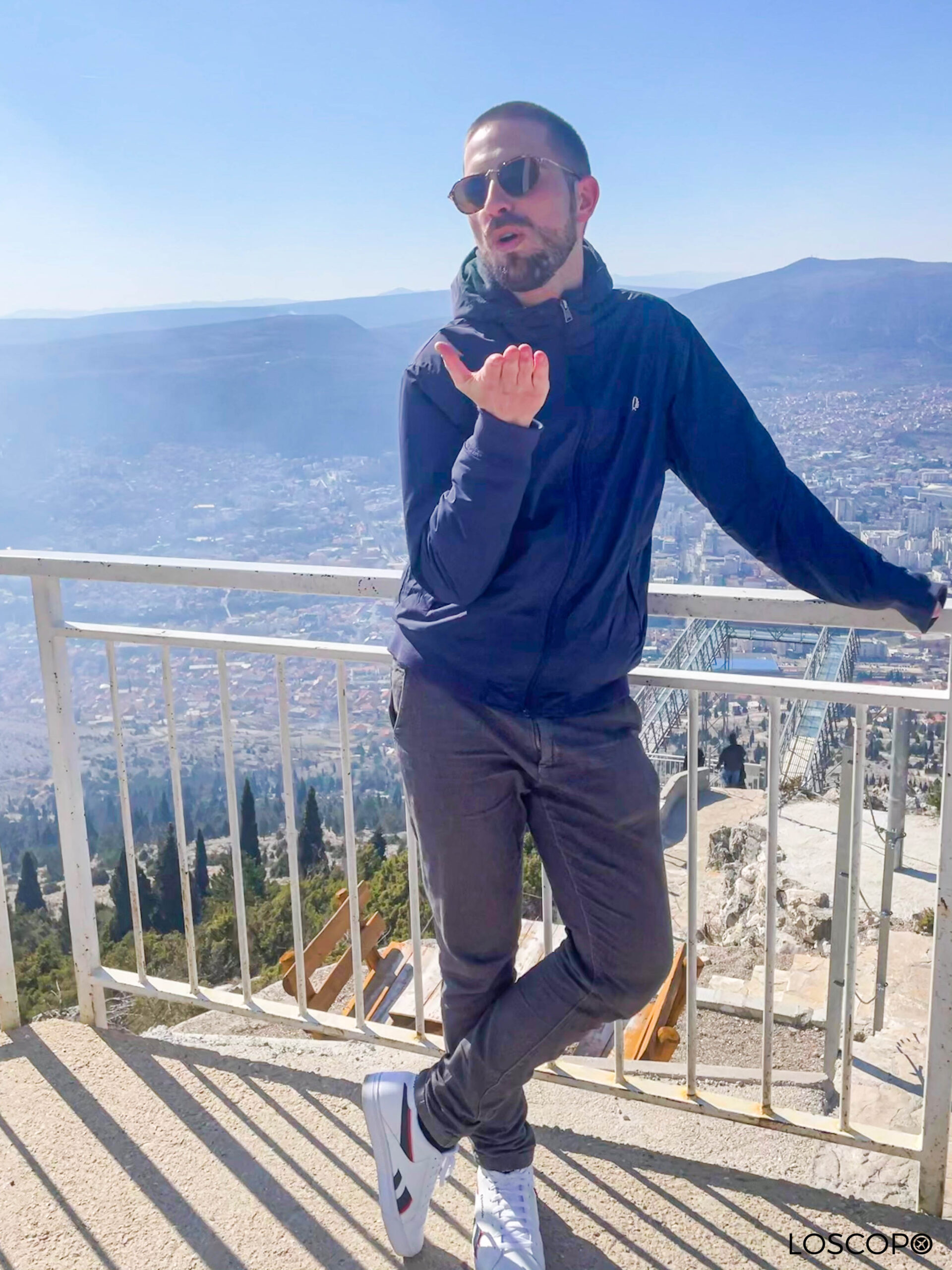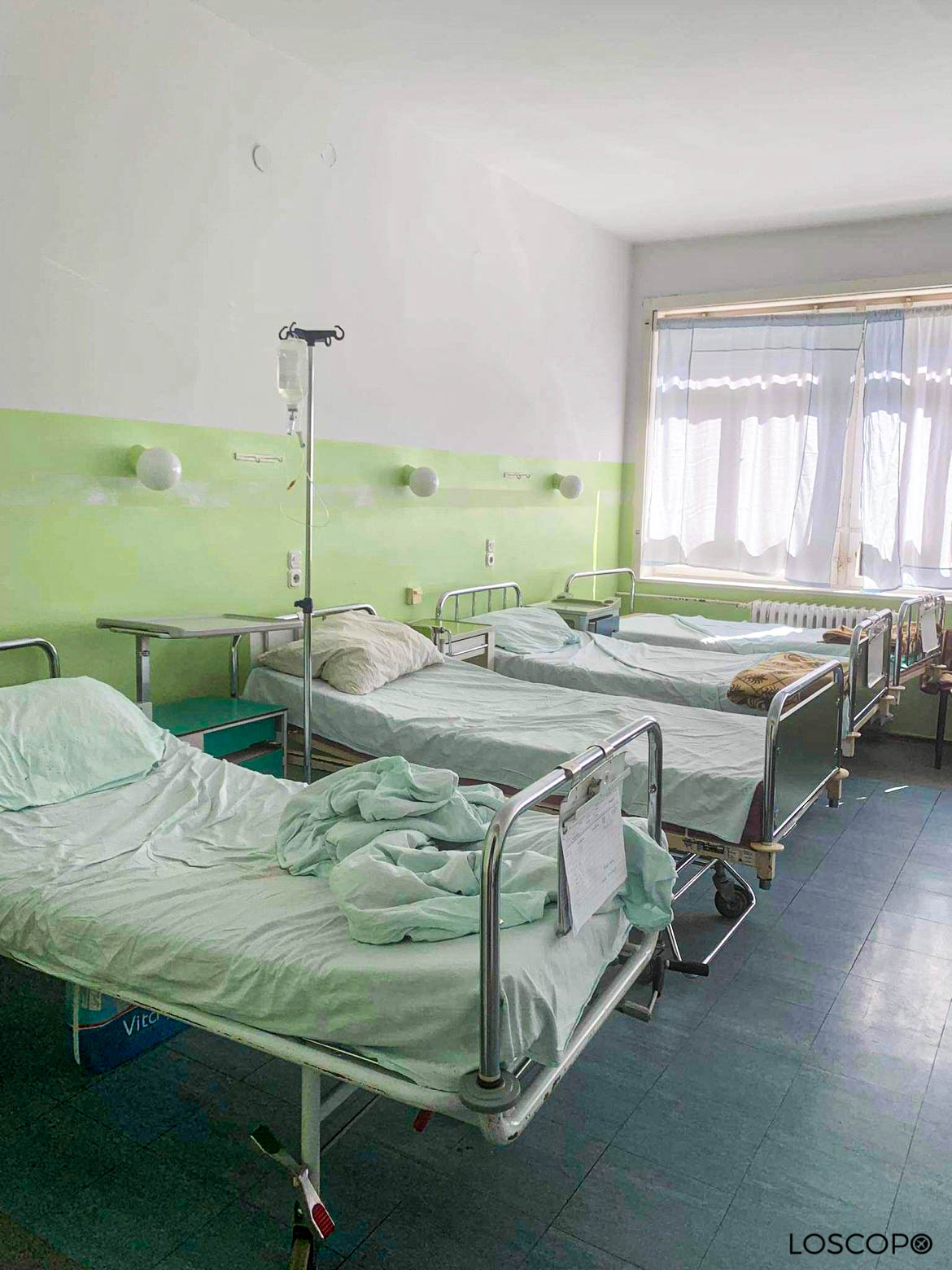Written by
Dieter
Published
March 26th, 2022
In
Zenica, Bosnia
WELCOME BACK! KAKO STE?
With one week to go, it once again has become clear how living the life and trying to keep up writing about it, is harder than it seems. Since last time you were here, I’ve spent a weekend in Mostar, did one workout in the local gym, ate Burek for the first time, participated in a “wine and cheese” night, and finally started my internship in the profession that’s locally known as “medicinal sisters”. If this short summary satisfied your hunger for beautiful English prose, you’re welcome. If on the other hand, you enjoyed this appetizer and would like to have a main course as well, please be seated. Get comfortable, and read on!




